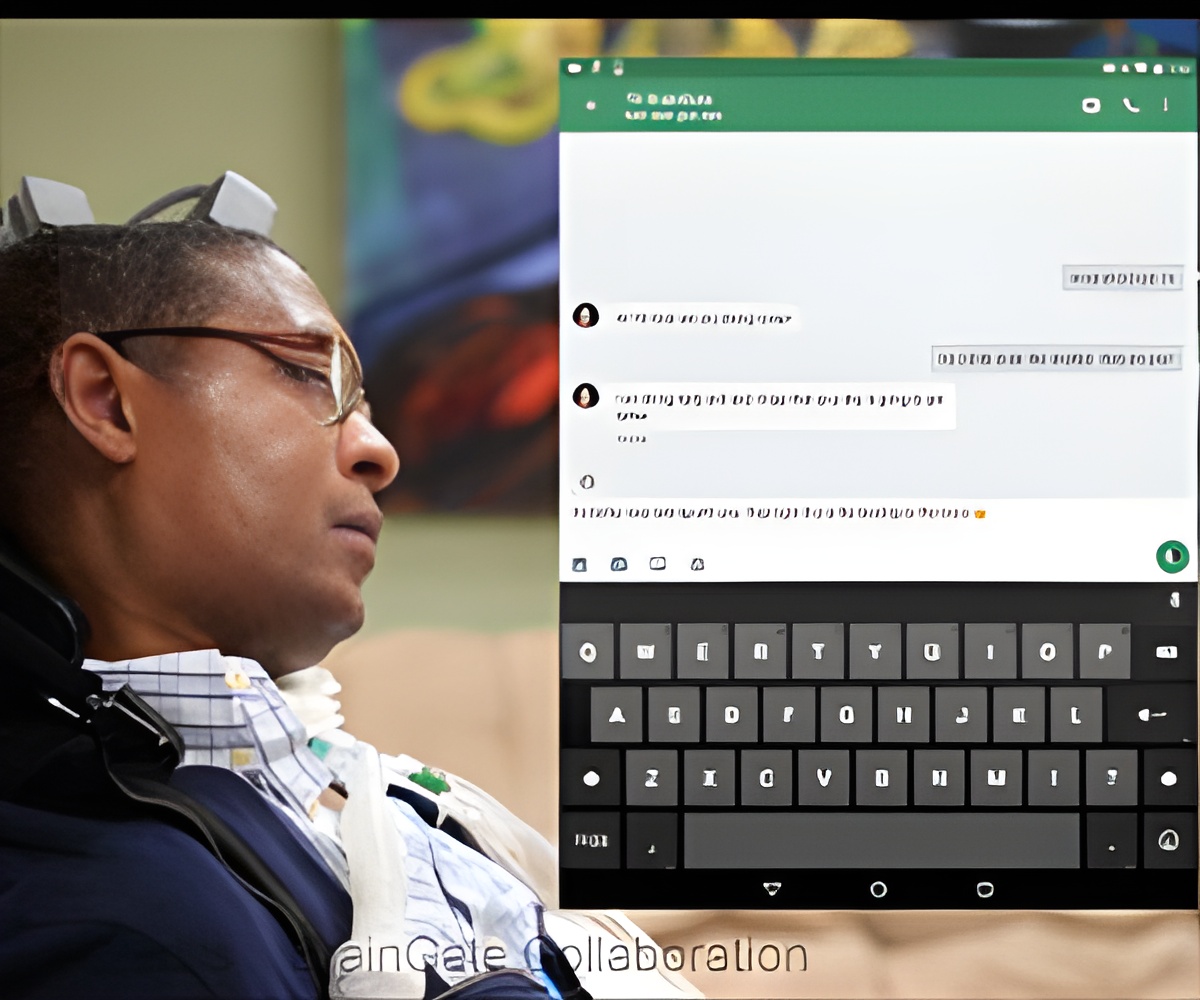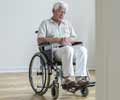A new study claims that a fully paralyzed patient was able to communicate using two microchip implants that were inserted into the brain.

‘The new brain-computer interface could be especially beneficial to paralyzed patients who are barely conscious or in borderline comatose states.’





Amyotrophic lateral sclerosis (ALS) is a disease that affects nerve cells in the brain and the spinal cord. This progressive nervous system disease causes its patients to lose muscle control.The research team started to work with him when he could still move his eyes. He told the team he wanted an invasive implant to try to maintain communication with his family, including his young son. His wife and sister provided written consent for the surgery.
Then, they inserted two square electrode arrays into a part of the brain that controls movement. When they asked the man to try to move his hands, feet, head, and eyes, the neural signals weren’t consistent enough to answer yes-or-no questions.
After nearly 3 months of unsuccessful efforts, the team tried neurofeedback, in which a person attempts to modify their brain signals while getting a real-time measure of whether they are succeeding.
Not much later, the patient was able to construct words and full sentences with help from mental impulses.
Advertisement
But hundreds of hours went into designing, testing, and maintaining the personalized system, they are nowhere near getting this into an assistive technology state that could be purchased by a family.
Advertisement
Source-Medindia














